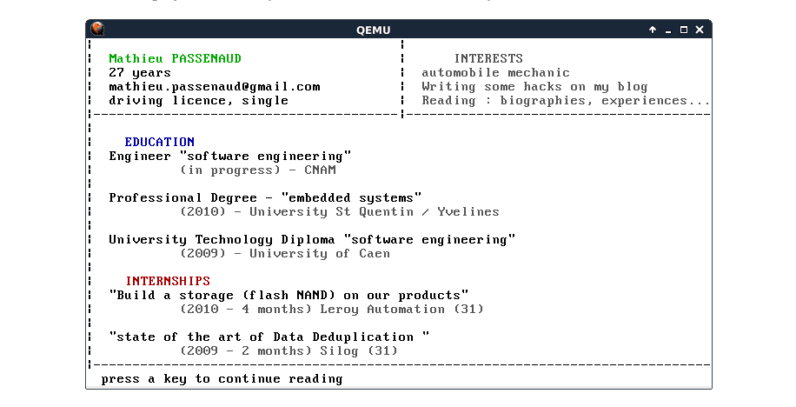Wireless network provider Aruba has moved to help its customers and partners gear up for the Internet of Things (IoT) trend and its implications on mobility and networks with the launch of two new initiatives.
The first is a software platform, dubbed Aruba Mobile First Platform, designed to provide complete visibility of network environments to developers and business leaders and help them tweak applications on the fly.
The second initiative is focused on implementing a new network procurement and consumption model with Aruba Network-as-a-Service.
While the as-a-service model is not new to other areas of technology, Aruba is introducing the concept in the networking solutions space, with Aruba’s ANZ managing director Steve Coad saying that organisations are increasingly looking to break out of the traditional model.
“Organisations are no longer keen to take upfront hits on their CAPEX investment and don’t want to be in a position where they can’t keep up with technology life cycle,” Mr Coad said.
Meanwhile, Aruba’s mobile platform has already signed three Australian developers — Kasada, Sine Co and Skyfii — with Mr Coad saying that the evolution of IoT now places a greater emphasis on visibility, which is critical to an organisation’s security posture.
Built on a new operating system, ArubaOS 8, the platform helps developers stay on top of the demands put on modern networks. The platform allows them to work in tandem with vendors to use the contextual data gathered from mobile devices to customise network functions as required in real time.
Aruba was bought by Hewlett Packard last year and Mr Coad said the latest initiatives build on the combined capabilities of both companies.
“The opportunity for us is to build on the momentum that we have in the market and IoT is evolving as a big area of growth,” he said. “We have seen the trend in the industrial space for a long time, but now there are opportunities in the other sectors like hospitality, healthcare and education.”
Building a software layer and a programming interface would be crucial in the development of service. “Whether it’s robotics in the classroom or nanochip-based tablets … across campus networks, organisations are seeking to innovate at the same pace as new devices, hardware, software and Internet of Things technologies emerge,” he said.





